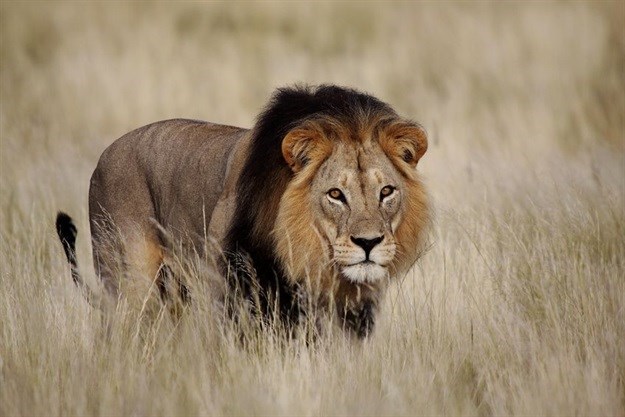Trophy hunting in Africa: the case for viable, sustainable alternatives

Their rationale is that trophy hunting contributes a significant amount of revenue, which African countries rely on for funding wildlife conservation. In essence the argument is: a few animals are sacrificed through regulated quotas for the greater good of the species. This opens the door for Western tourists to shoot charismatic mega-fauna and make a virtue of it.
In reality, trophy hunting revenues make up a very small percentage of total tourism revenues in Africa. For most African countries with an active trophy hunting industry, among them South Africa, Zimbabwe, Zambia, and Namibia, the industry generates only between 0.3% and 5% of total tourism revenues. Clearly, trophy hunting’s economic importance is often overstated.
It’s also claimed by proponents that local communities benefit significantly from trophy hunting. The evidence suggests otherwise. A 2013 analysis of literature on the economics of trophy hunting done by Economists at Large, a network of economists who contribute their expertise to economic questions that are of public interest, showed that communities in the areas where hunting occurs derive little benefit from this revenue. On average communities receive only about 3% of the gross revenue from trophy hunting.
Another line of argument is that non-consumptive forms of wildlife tourism are not lucrative enough to sustain conservation efforts. The hunting lobby has therefore built a narrative where hunting is the only viable means of financing sustainable conservation in Africa.
I recently completed a book chapter in which I explore these and other claims made by the hunters, focusing in particular on how they choose their words to rationalise and sanitise their pastime.
Trophy hunting’s paradoxes
Trophy hunters often claim that they kill animals because they love animals. They rationalise their choice, for instance, by arguing that trophy hunting allows broader animal populations to be conserved.
As I argued in my chapter, the paradox of killing an animal you allegedly “love” cannot be resolved in the sphere of ethics.
In the chapter I explore the words that are used by hunters as euphemisms to describe trophy hunting, while avoiding the word “killing”. Examples include words like “harvesting” and “taking” that serve to sanitise killing. This “euphemisation” is exemplified by Walter Palmer, who shot the beloved Zimbabwean lion, Cecil, in the infamous “Cecilgate” incident. Palmer issued a statement in response to the outcry, stating:
To my knowledge, everything about this trip was legal and properly handled and conducted. I had no idea that the lion I took was a known, local favourite…
This choice of words isn’t accidental. The effect is that we lose sight of what’s actually being done to lions, rhinos, elephants, and other precious species.
Alternatives and the way forward
The proponents of trophy hunting claim that there are no viable alternatives for Africa. They suggest that non-consumptive forms of wildlife tourism such as photo-safaris, where tourists view and photograph animals, do not generate sufficient benefits to justify keeping the wildlife habitat. If we stop trophy hunting, they say, wildlife will lose its economic value for local communities. Wildlife habitat will be lost to other land uses.
The truth is that well managed, non-consumptive wildlife tourism is sufficient for funding and managing conservation. Botswana, for example, which in 2014 banned all commercial hunting in favour of photo-tourism, continues to thrive. In a 2017 study, residents of Mababe village in Botswana noted that, compared to hunting, which is seasonal, photographic camps were more beneficial to the community because people are employed all year round.
Trophy hunting is not the solution to Africa’s wildlife conservation challenges. Proper governance, characterised by accountability, rigorous, evidence-based policies and actions, and driven by a genuine appreciation of the intrinsic – not just economic – value of Africa’s majestic fauna, is.
This article is republished from The Conversation under a Creative Commons license. Read the original article.![]()
Source: The Conversation Africa

The Conversation Africa is an independent source of news and views from the academic and research community. Its aim is to promote better understanding of current affairs and complex issues, and allow for a better quality of public discourse and conversation.
Go to: https://theconversation.com/africaAbout Muchazondida Mkono
Muchazondida Mkono, research fellow (Australian Research Council DECRA Fellow), Business School, The University of QueenslandRelated
World Wildlife Conservation Day: A conversation with David Havemann, training manager, EcoTraining 4 Dec 2024 South African lion breeders face uncertain future after ban 2 Sep 2024 Conservationists ask Tanzania to ban sport hunting of elephants 14 Aug 2024 Elephant deaths trigger Kenyan call for Tanzania to curb hunts 11 Apr 2024 Botswana should be praised for its conservation efforts, not chastised by Germany 5 Apr 2024























